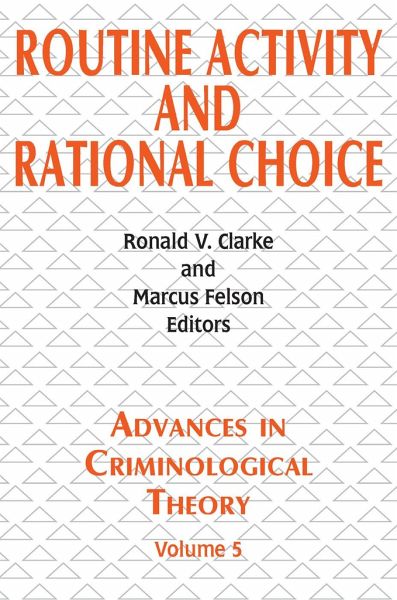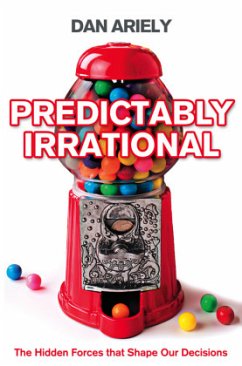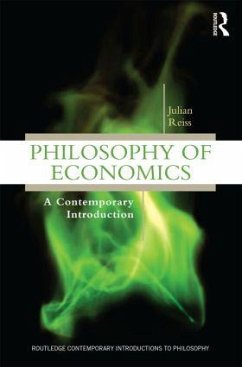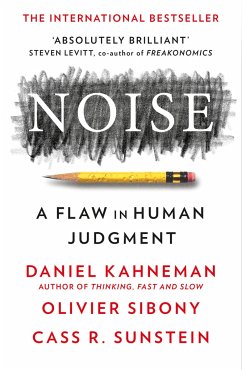
Routine Activity and Rational Choice
Volume 5
Herausgeber: Clarke, Ronald V.; Felson, Marcus
Versandkostenfrei!
Versandfertig in 1-2 Wochen
62,99 €
inkl. MwSt.

PAYBACK Punkte
31 °P sammeln!
Two new criminological approaches are defined and applied to categories of crime. Routine activity analyzes the criminal event, and avoids motivations and psychology as topics for discussion, whereas rational choice approaches crime as purposive behavior designed to meet the offender's commonplace needs, such as money, status, sex, and excitement.














